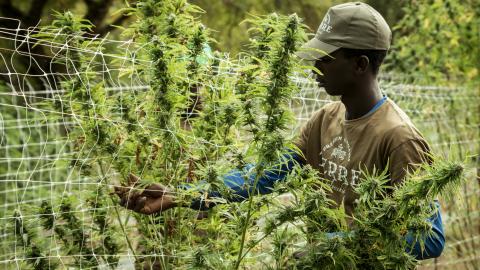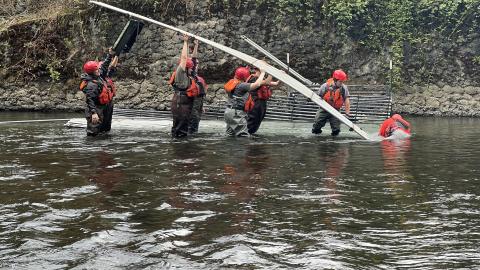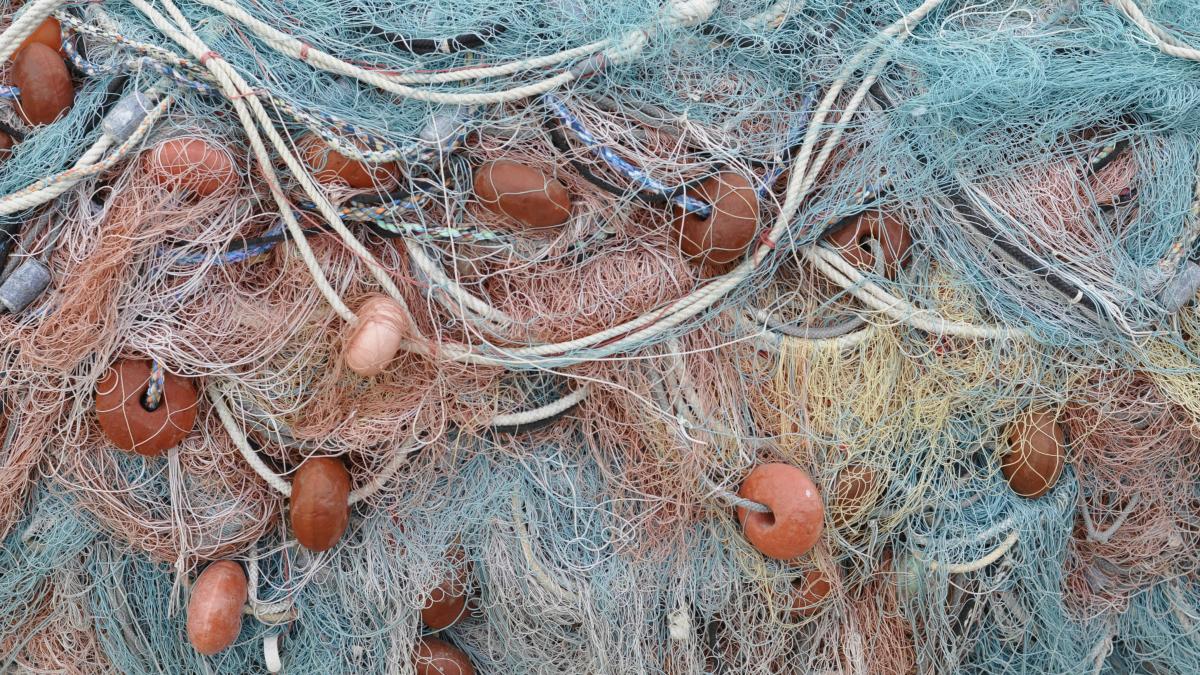

Autumn Dennistoun’s capstone project to explore substance use by commercial fishermen was inspired by a literature review. Denniston, a doctoral student in nursing and trainee in the Northwest Center for Occupational Health and Safety (NWCOHS)’s Work and Health Graduate Certificate program, became interested in understanding work as a social determinant of health in a class taught by Edward Kasner.
In class, Dennistoun reviewed the literature connecting the population of commercial fishermen to one of the National Institute for Occupational Safety and Health’s emerging topics: opioid use among workers. Dennistoun then worked with Kasner, an assistant teaching professor in the UW Department of Environmental & Occupational Health Sciences, in her capstone to explore substance use in commercial fishermen. The project is a collaboration with the UW School of Nursing and the Pacific Northwest Agricultural Safety and Health Center (PNASH).
Powerful statistics concerning commercial fishermen
Commercial fishing is among the most hazardous occupations in the United States. In her literature review, Dennistoun found that farming, fishing and forestry workers had an opioid-related overdose death rate more than 5.5 times that for all workers.
Some 74% of deaths in this occupation group are workers employed in fishing occupations. Further, she found that there were no formal programs on opioids or naloxone (the antidote to opioid overdose) specifically for commercial fishermen in Washington state to help these workers.
Factors related to substance use awareness
To advance efforts to address this burden, Dennistoun sought to identify facilitators and barriers to implementing substance use awareness and naloxone education among commercial fishermen in Washington state. She informally interviewed key stakeholders in the fishing community, academia and research, and those experienced with substance use response and treatment.
Key stakeholders shared many recommendations, particularly the importance of cardiopulmonary resuscitation (CPR) and overdose response.
“In the same way that training is widely available in the use of CPR, everyone should be taught how to recognize an overdose and administer naloxone, the antidote to opioid overdose. In some places, the American Heart Association is already including overdose response as a part of CPR training,” one industry stakeholder said.
Fishermen at sea are often the first responders to medical events and injuries, making both knowledge and resources important for overdose response.
Dennistoun presented her capstone project at the Annual Cascadia Symposium on Environmental, Occupational, and Population Health in January.
Actively engaging with the fishing community
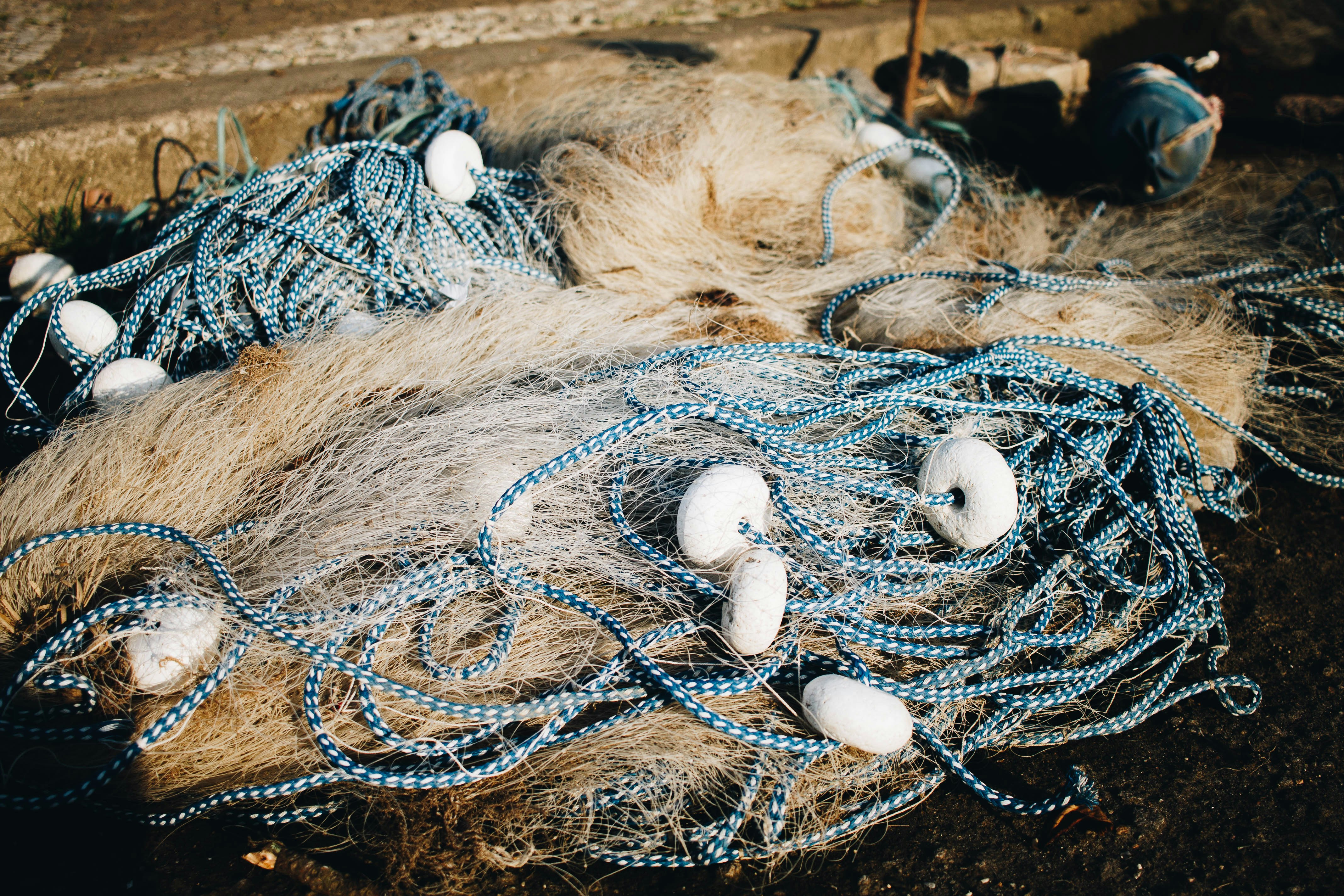
In addition to her capstone work, Dennistoun attended the Seattle Fishermen’s Memorial last May as a volunteer at the PNASH booth, offering substance use awareness education and free naloxone for occupational fishermen and their vessels in Washington state.
“It was interesting to see the different generations of fishermen show enthusiasm and interest in obtaining naloxone for their vessels and training on how to administer it,”
Dennistoun said. “Overall, it was a well-received topic.”
Expanding on commercial fishing work
With so much momentum from her capstone, the work continued into her doctoral final project: From Knowledge to Action: Engaging Washington’s Commercial Fishing Community in Substance Use Awareness and Prevention.
While the project is still in the proposal phase, she hopes to create a training module about substance use and overdose response to be piloted in February at Fishermen First Aid & Safety Training events in Washington.
Work and Health Graduate Certificate program benefits
Dennistoun cites one of the most rewarding parts of the Work and Health Graduate Certificate Program: seeing what she’s learned in the classroom come to life in the real world.
“The skills and knowledge I gained through this certificate program were helpful for my capstone project and gave me the tools to approach public health issues in practical, meaningful ways,” she said. “This certificate program prioritizes students through exceptional mentorship, peer connections and financial support. I can’t speak highly enough about the program — it has positively impacted my learning experience and overall growth.”
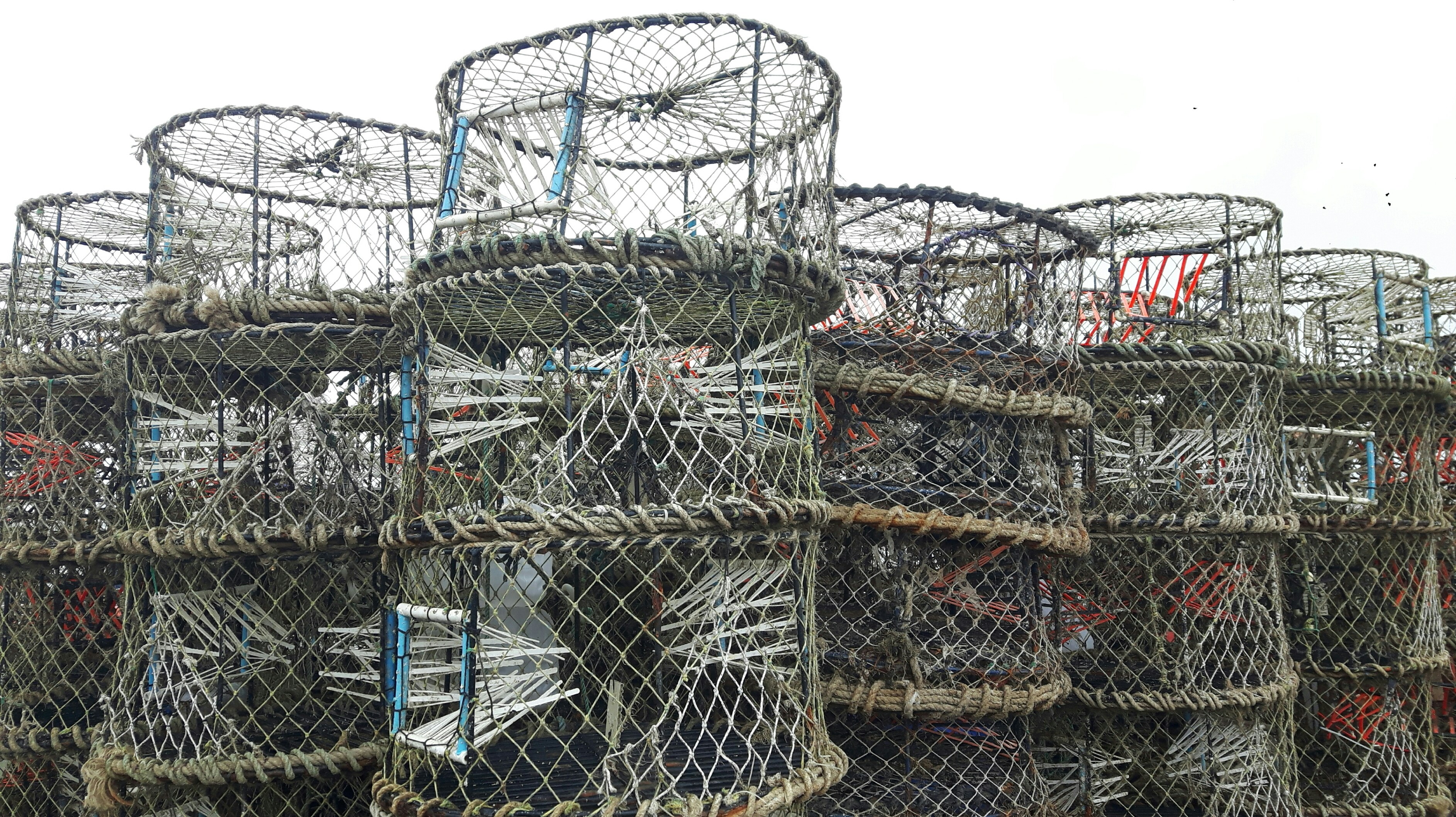
Learn more
Explore the WH Certificate program and how to apply here: https://deohs.washington.edu/nwcohs/training-programs/work-and-health-graduate-certificate


